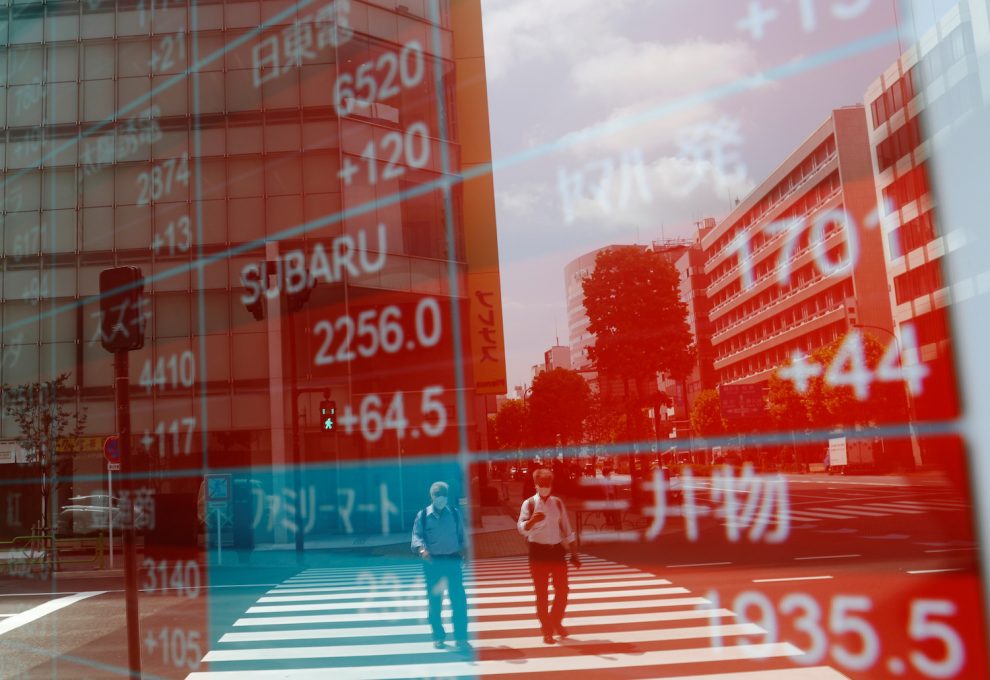(ATF) Asian markets were hammered as investors dumped risk assets after a bruising session overnight at Wall Street. The prospects of an early vaccine in the market became uncertain after an AstraZeneca Covid-19 vaccine study was put on hold due to suspected adverse reaction in a participant in the UK.
Overnight Wall Street sold off, led by technology shares with the Nasdaq Composite down 4.11%. The Dow Jones Industrial Average dropped 2.25%, and the S&P 500 tumbled 2.78%.
“Selling pressure is a little broader as the concerns in the tech sector are extending across broader markets and impacting risk sentiment. The fall in the oil price and negative Brexit headlines are contributing,” Kerry Craig, a global market strategist at JPMorgan Asset Management, said.
“The rise in safe havens, such as the US dollar, Japanese yen and gold, are further evidence of more defensive investor positioning. However, broad pillars of support for the equity market remain intact.”
In Asia, Japan’s benchmark the Nikkei 225 fell 1.29%, weighed down by the technology giant SoftBank whose shares fell 3.7%. SoftBank’s shares have taken a hit after reports emerged about its risky bets on the technology sector, which made investors reconsider its valuation multiple. Its shares have lost $17 billion in market valuation this week.
Australia’s S&P ASX 200 tumbled 2.46%, China’s CSI 300 benchmark retreated 1.53% and Hong Kong’s Hang Seng index eased 0.97%.
The dollar extended its recovery with the unit trading at 93.48 against a basket of currencies while US Treasuries were also firm with the 10-year yield down a basis point to 0.67%.
The fact that investors were not piling into gold, which is trading flat, and yen, which is only margin ally up, meant this was not a flight to safety but rather a correction in markets.
“There is room for this to go further, if stocks are to more plausibly reflect the macro and pandemic reality. But at this stage, there is still no panic in evidence, and that is encouraging,” ING regional head of research Robert Carnell said. “That also means it is unlikely that we will see any knee-jerk policy reaction from central banks or governments. When you juice markets this hard, you have to imagine the occasional pip will stick in your throat.”
Asian credit markets were also edgy amid the risk offloading in other markets, with the Asia IG index 2 basic points wider at 60/61. But it is expected the steady stream of issuers raising debt will continue.
South Korea’s 10-year sovereign bond offering, Guangzhou Metro’s dual tranche issue, and Linyi City Construction’s 3-year dollar bonds are in the market.
























